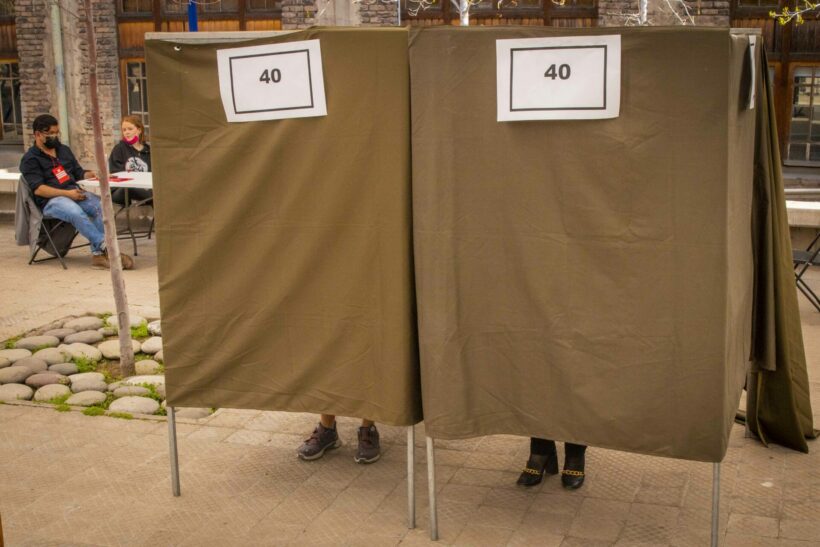With automatic registration and compulsory voting, 85% of citizens voted in the exit plebiscite that rejected the Constitutional proposal. This high voter turnout gives great legitimacy to the result and to the republican institutions. But the fact that voting is compulsory says nothing about the democratic culture of Chilean society.
In previous processes, with voluntary voting, turnout was between 40% and 50% of the citizenry. That is, on average, half as many voters as on Sunday 4 September 2022.
Should we be complacent and self-congratulatory with an 85% turnout? Certainly not, and that is why we must look at the role of education in the consolidation and democratic strength of our country.
For years now, the model of education has been in dispute. On the one hand, the traditional hierarchical and authoritarian model and, on the other, the democratic and participatory school.
Those who advocate the former advocate strict and punitive discipline to give teachers authority and respect from their students. They justify their position by pointing out that they see themselves as the product of such an educational model and are self-satisfied with the outcome.
The democratic school model is one in which, from the first levels of formal education to university classrooms, the daily, and I stress, daily, conduct of adults, children and young people is based on participation, solidarity, diversity, inclusion, freedom and cooperation.
At Fundación Semilla we are convinced that democracy is not taught, it is practiced every day, and from this a democratic culture is formed that soon transcends the limits of the school and radiates to society as a whole.
Being a democratic school is not easy. It requires culture and democratic vocation from the adult school world and above all… patience and temperance! Even more so when confronting a hierarchical and authoritarian model. Building democracy means developing students’ critical and reflective thinking and attitude towards the situations they face; encouraging dialogue and daring and allowing them to make mistakes.
The greatest obstacle to a democratic school is the Ministry of Education’s National Curriculum, which prioritises the transmission of knowledge rather than the formation of the whole person. As long as incentives are placed on performance in standardised tests and on competition between students and schools, the democratic school will be relegated to second, or third-class status.
Chile has shown itself to be unprepared for voluntary voting, and I recognise that I was one of its proponents. Good intentions are not enough, nor is it enough to let politics enthuse its voters. It is key to building a more democratic society to recognise and take action to value democracy in schools.










